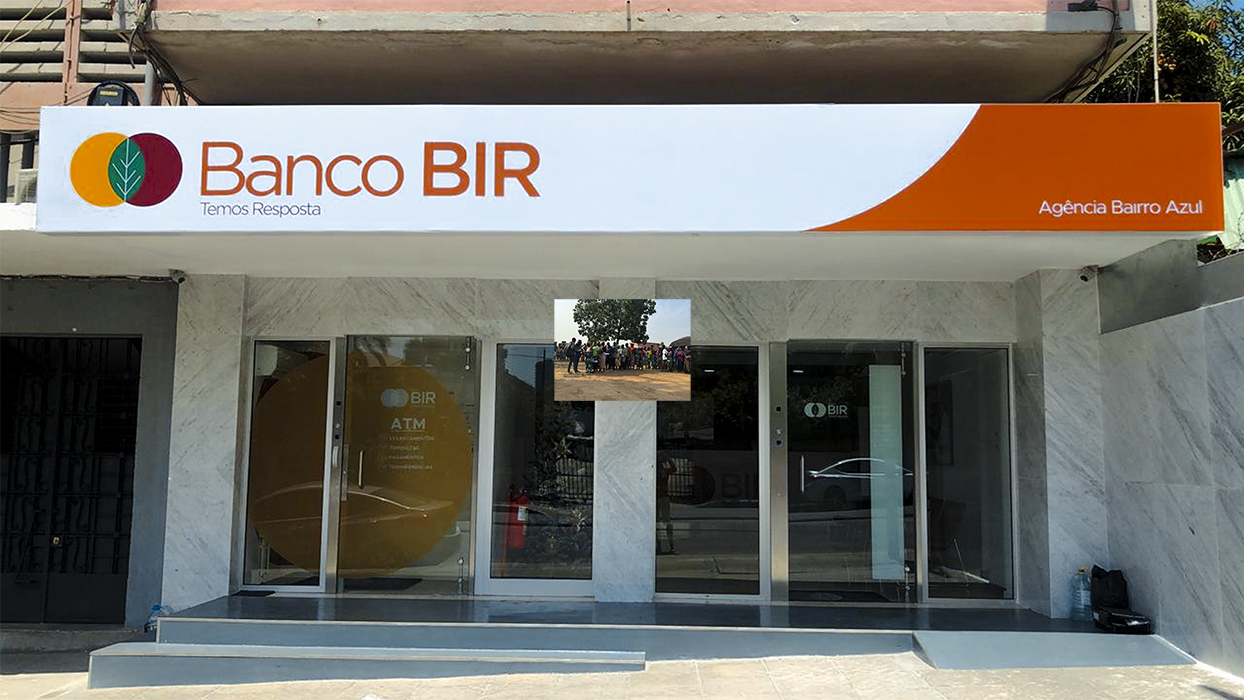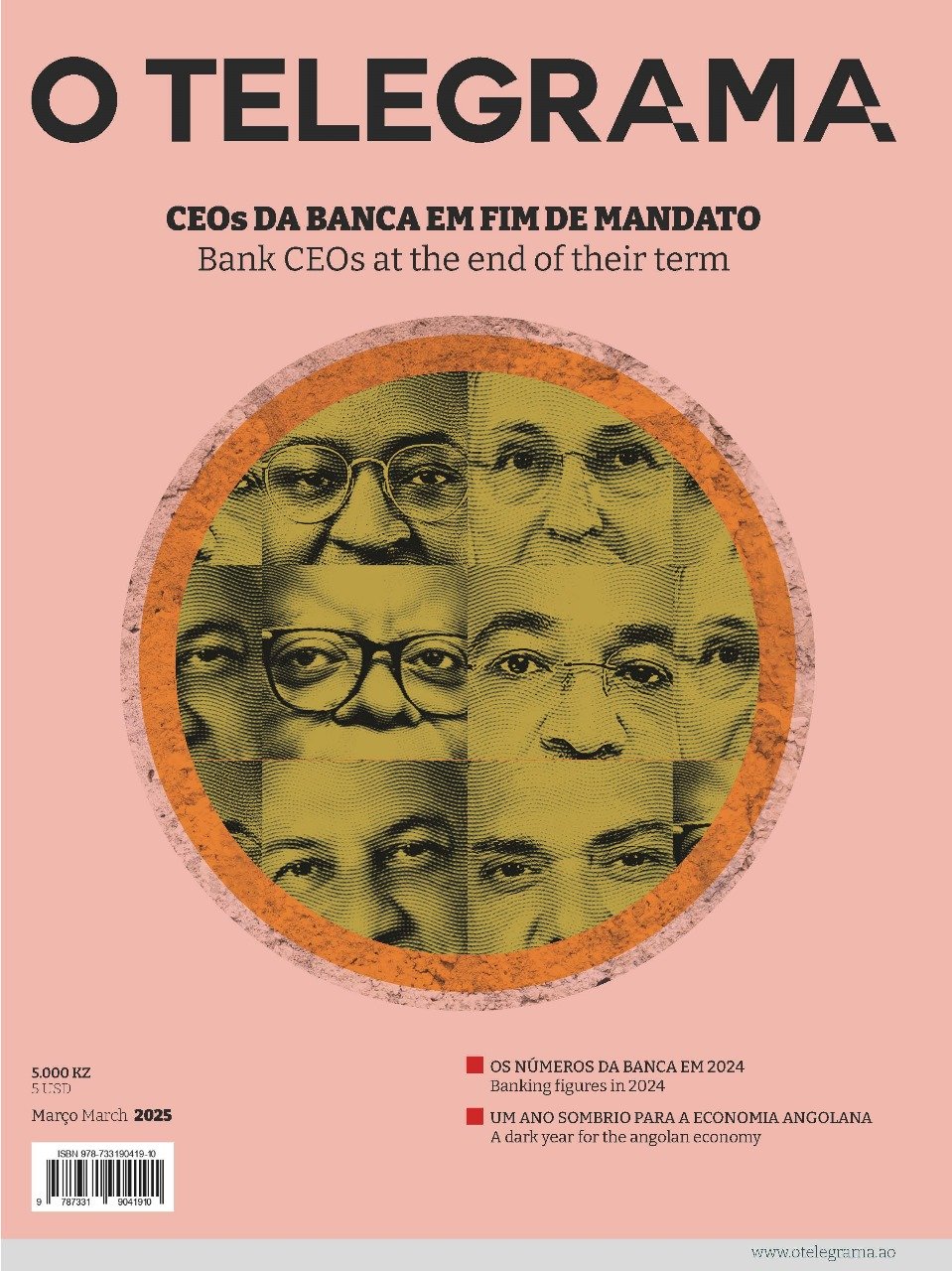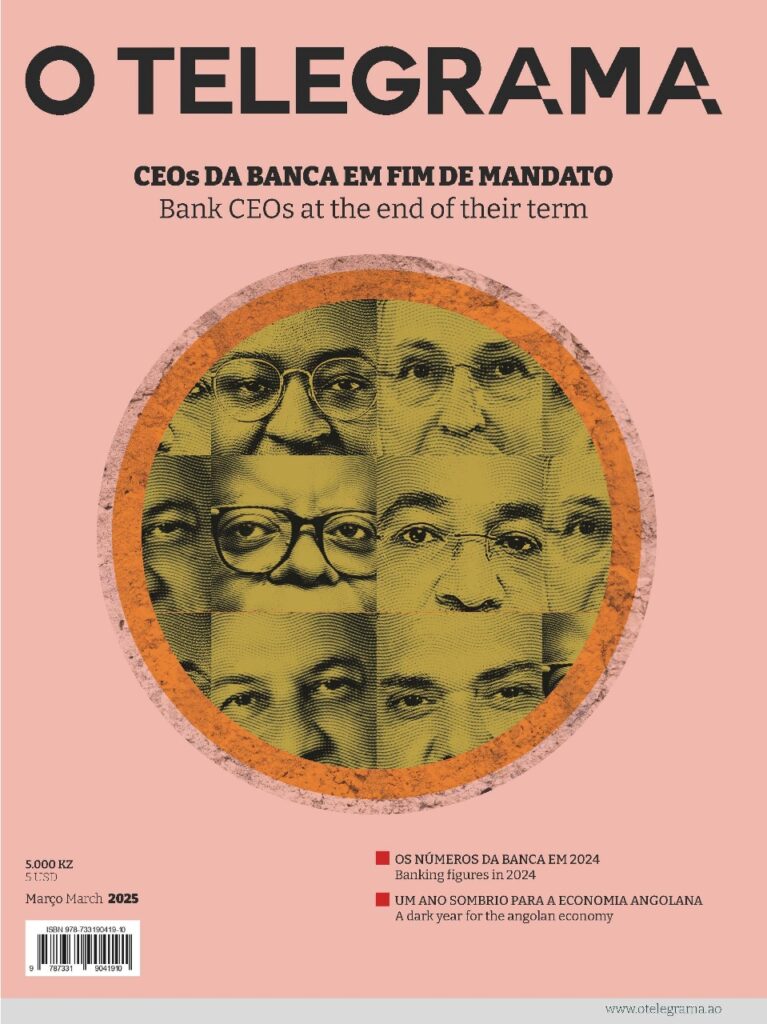As instituições públicas e os mercados financeiros em Portugal entraram em colapso por conta do famoso “último parágrafo” constante de um comunicado da Procuradoria-Geral da República, no qual se anunciava uma ampla investigação à conduta do primeiro-ministro num processo com contornos rocambolescos, envolvendo o seu braço direito, Vítor Escária, uma espécie de «Edeltrudes Costa português» que foi apanhado com dinheiro vivo escondidos em vasos no seu gabinete, na sede do Governo.
À primeira vista, Lucília Gago, antiga directora do Departamento de Investigação e Acção Penal (DIAP) de Lisboa, cuja nomeação para procuradora-geral da República em 2018 esteve envolto em alguma polémica, por ter sido tomada como alguém que poderia proteger a classe política socialista, veio assim contrariar os cépticos e demonstrar não estar a serviço de grupos.
Segundo noticiou o Expresso, a ideia de encravar o nome do primeiro-ministro no comunicado do dia 7 de Novembro, que anunciava não só a abertura de uma investigação contra António Costa, como também buscas e detenções de pessoas do seu círculo restrito, foi da procuradora de 67 anos.
De repente, até ao meio-dia daquela terça-feira, tudo desmoronou. Mal os portugueses tinham digerido a informação que implicava o seu primeiro-ministro em alegadas negociatas, António Costa não se coibiu de tomar a decisão que viria a colocar o país numa incógnita: “Demito-me!”
No day after ao comunicado da PGR, que fez cair o Governo socialista, reeleito há dois anos, os portugueses foram novamente surpreendidos com a notícia de que os cinco detidos foram postos em liberdade. Motivo: o juiz Nuno Dias Costa considerou “vagos” os indícios apresentados pelo Ministério Púbico…
Nesse caso em concreto, as falhas atribuídas à PGR — esta que em 2018 se recusava a enviar para Luanda os autos da Operação Fizz, em que estava visado o antigo vice-Presidente da República Manuel Domingos Vicente, com a suspeita de que em Angola não haveria uma “boa aplicação da justiça” — vão palmilhando caminhos sinuosos que põem em causa a credibilidade da justiça portuguesa.
Não nos espantemos que este carnaval político e jurídico a que assistimos em Portugal venha amanhã ser utilizado pelos «latifundiários» que utilizam Lisboa como a lavandaria dos dinheiros roubados sobretudo em países africanos falantes de português como justificação para desacreditar as instituições. É, aliás, essa falta de sintonia entre o discurso e a imagem que originaria a crise de credibilidade institucional.
Nas palavras de Júlio César: “À mulher de César não basta ser honesta, deve parecer honesta.”
SUDDENLY, EVERYTHING COLLAPSED IN PORTUGAL…
Public institutions and financial markets in Portugal collapsed due to the famous “last paragraph” of a statement from the Attorney General’s Office, announcing a wide investigation into the Prime Minister’s conduct in a scandalous case involving his right-hand man, Vítor Escária, a kind of Portuguese “Edeltrudes Costa” who was caught with cash hidden in vases in his office at the Government headquarters.
At first glance, Lucília Gago, former director of the Department of Investigation and Penal Action (DIAP) of Lisbon, whose appointment as Attorney General in 2018 was surrounded by controversy as she was seen as someone who could protect the socialist political class, came to contradict the skeptics and show that she was not serving any specific group.
According to Expresso, the 67-year-old prosecutor was responsible for the idea of implicating the Prime Minister in the statement issued on November 7. This statement not only announced an investigation against António Costa but also mentioned searches and arrests of people in his inner circle.
However, by noon on that Tuesday, everything suddenly collapsed. As the Portuguese public was processing the information that implicated their Prime Minister in alleged deals, António Costa made a decisive decision that plunged the country into uncertainty: “I resign!”
The day after the statement from the Attorney General’s Office, which led to the downfall of the socialist government that had been re-elected two years prior, the Portuguese were once again surprised to hear that the five detainees had been released. The reason: Judge Nuno Dias Costa considered the evidence presented by the Public Ministry to be “vague”…
In this case, the failures attributed to the Attorney General’s Office – the same office that refused to send the files of Operation Fizz to Luanda in 2018, where the former Vice President of the Republic, Manuel Domingos Vicente, was involved with suspicions that “justice would not be properly applied” in Angola – are taking convoluted paths that undermine the credibility of the Portuguese justice system.
Let’s not be surprised if this political and legal carnival that we are witnessing in Portugal is used tomorrow by the “landlords” who use Lisbon as a money-laundering hub, especially for stolen funds from Portuguese-speaking African countries, as a justification to discredit the institutions.
It is, in fact, this lack of harmony between speech and image that would lead to the crisis of institutional credibility.
In the words of Julius Caesar: “The wife of Caesar must not only be honest, but also appear to be honest.”














